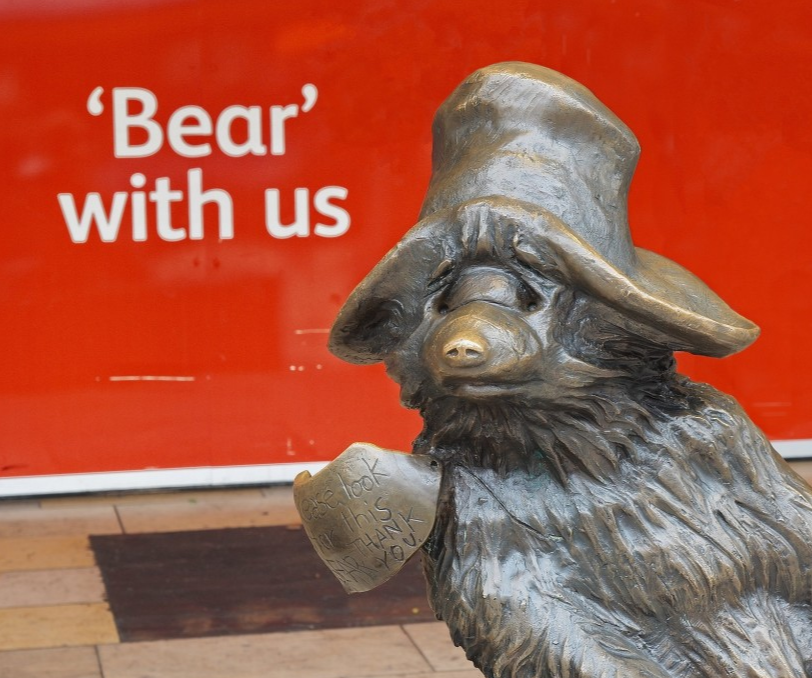May the Fourth Be with You — puns and when to use them
“Puns are the lowest form of humor.”
My parents may have said that to me more often than anything else—more often, even, than “Clean up your room.” And believe me, my room always needed cleaning. But I could never resist a good pun. Or a bad one, for that matter.
My favorite Star Wars pun is not “May the Fourth Be with You.” It’s
Metaphors Be with You
Back in the early ’80s I had a sweatshirt from the National Writers Union with that line on the front. I spent my last $20 on it, but it made me so happy.
 Puns—the “feeblest species” of humor?
Puns—the “feeblest species” of humor?
Besides my parents—who, being parents, were wrong about so many things—who else says puns are the lowest form of humor?
Well, British poet John Dryden said it way back in the 17th century. According to this op-ed The New York Times published in 2009, Dryden called puns “the lowest and most groveling kind of wit.” He must have hated Shakespeare. Shakespeare punned with abandon—using them to intensify humor in some scenes, and pathos in others.
Ah, but the author gives old Will a pass:
“Yet [Shakespeare] is guilty less of punning than wordplay, which Elizabethan taste considered more a sign of literary refinement than humor…”
When is a pun not a pun? The answer seems to be “when you’re an Elizabethan…or a law student.” Yes, scroll down to read the author’s bona fides: He was a law student when he wrote this piece. The law depends on words meaning what they say they mean; and while I know many lawyers with fine senses of humor, I can easily imagine a law student losing his after too many long nights in the library.
“Puns are the feeblest species of humor because they are ephemeral: whatever comic force they possess never outlasts the split second it takes to resolve the semantic confusion.”
Now I’m not a big fan of long-term semantic confusion (see Trump, Donald J.), but a momentary mix-up—I think it’s a sign of a superior intellect, myself. Case in point, Stephen Sondheim, whose lyrics are full of puns. The first one that comes to mind is the lyric from “I’m Still Here,” in which a former Follies girl reflects on her life:
First you’re another sloe-eyed vamp,
Then someone’s mother, then you’re camp.
Then you career from career to career.
I’m almost through my memoirs,
But I’m here.
The switch between “career” as verb and noun—I find it dizzyingly brilliant.
Some say puns are the lowest form of humor; I think people who dislike puns are the lowest form of people. Okay, that may be hyperbole (see Trump, Donald J.).
Perhaps Oscar Levant, one of the signature wits of the early 20th century, said it best:
“A pun is the lowest form of humor—when you don’t think of it first.”